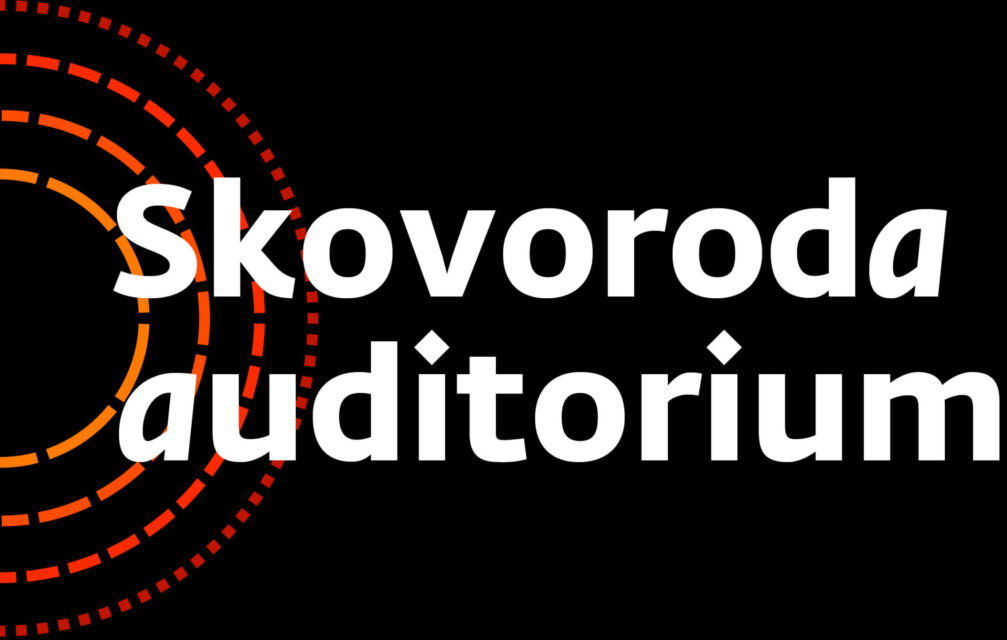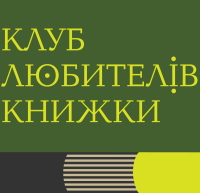On November 26, Ukraine celebrated the 90th anniversary of the Holodomor of 1932-33, one of the most tragic events in the history of our nation. In Ukraine, the Holodomor was officially recognized as genocide in the mid-2000s. Since then, Kyiv has been persistently seeking the same recognition from other states. During the Russian-Ukrainian war, this topic acquired a special resonance, because the key decisions that led to the artificial famine in the early 1930s were made in Moscow. But for Ukrainians, the topic of the Holodomor is not only a story about the crimes of totalitarian imperialism. It is also a story about an existential trauma that hasn’t healed for almost a century.
Stalin’s «special operation»
The general plot of the tragedy is well known. The Holodomor was the Joseph Stalin’s «special operation» aimed at the final subjugation of Ukrainians. The artificial famine, from which up to 5 million Ukrainians died, was a double-purpose weapon. First, the unprecedented terrorist action against the peasants forced them to submit to collectivization and accept the status of «inferior» citizens of the USSR. They were deprived of the right to free movement, choice of profession and place of residence, and passports began to be issued to them only in the mid-1970s. In the economic sense, peasants became the most exploited and disenfranchised category of workers, wexcept, probably, Gulag prisoners. The state seized almost all of the peasants’s labor products, and their work was paid at the lowest rates, and their monthly salary was guaranteed only at the end of the 1960s.
Читайте також: Why the recognition of Holodomor as genocide is important
Secondly, the Holodomor was aimed at suppressing the national resistance of Ukrainians. At that time, the majority of Ukrainians lived in the villages. According to the 1926 census, the urban population of the Ukrainian SSR was only 18%. The village with its powerful capacity for self-organization (especially military) was a pillar of the national revolution, as a result of which the Ukrainian People’s Republic was proclaimed in 1917, and it lasted until 1921. In 1923, to appease the national feelings of Ukrainians, Moscow was forced to announce a policy of «indigenization», which provided for the expansion of the rights of the Ukrainian language and culture. But it was only a tactical retreat dictated by the weakness of the young Bolshevik regime. After a massive famine strike in 1932-33, the need for compromises disappeared. A demoralized, economically and demographically exhausted Ukraine stopped active resistance to the totalitarian empire for a long time. But in our collective consciousness, the Holodomor became not just another lost battle for freedom.
Social trauma
To begin with, the losses from the Holodomor are not only the millions who died in 1932-33. The situation of artificial famine, in which Ukrainians were placed, destroyed the ancient order of rural life, based on solidarity and mutual support. For instance, back in the 19th century, in many Ukrainian villages, wealthy peasants left every tenth sheaf in the field for their poor neighbors. After the Holodomor, such practices became impossible. And not because the government was now engaged in the redistribution of products, but because the deep foundations of human solidarity were destroyed in the village. In 1932-1933, the first to die were those who shared their meager supplies with their neighbors. And those who made compromises with conscience and traditional ethics survived. More than one generation had to change for the Ukrainian village to learn solidarity anew.
Читайте також: Pancakes with oil. How the Russian occupation awakened the Ukrainians` memory of the Holodomor
Another trauma inflicted by the Holodomor is that those who survived were forced to live next to those who helped the authorities organize the terror of famine. For example, my great-grandfather Pavlo Umanskyi was born in the village of Plastunivka in the Luhansk Oblast. When the Soviet government came, the organizer of the collective farm in Plastunivka was a local man named Kytsun (his first name has not been preserved in family memories). In 1932, Kytsun began to manage the grain purchases process. He knew his fellow villagers well and carefully followed the implementation of the Draconian policy set by the authorities. As a result, almost half of the inhabitants of Plastunivka died out, including many relatives of my great-grandfather Pavlo. After the Holodomor, Kytsun continued to live in Plastunivka, enjoying the privileges of an honored Soviet functionary. In the 1960s, he developed a habit. Every November 7, the anniversary of the October Revolution, he came to visit my great-grandfather (there were no other people of his generation left in the village). The great-grandfather did not dare to refuse a fellow villager who was close to power, who had already sent three of his sisters and their families into exile on Solovki, and submissively drank several glasses with Kitsun, listening to his drunken chatter. My great-grandfather came back from World War II with two orders and a medal for bravery. But all he could do after Kitsune’s visits was to cry bitterly from powerlessness. Similar moral torture took place in almost every Ukrainian village, where the victims were forced to live next to the torturers and pretend that everything was fine.
End of silence
Psychologists say that traumas need to be talked about. But for Ukrainians, the trauma of the Holodomor remained under a veil of silence for more than 50 years. My father, the grandson of the same Pavlo Umanskyi, was born and grew up among those who survived the Holodomor. But he was able to get an idea of what happened in 1932-33 only in the 1990s, when censorship was abolished. Until that time, millions of Ukrainians kept silent about what they had to go through, or hid the truth behind evasive euphemisms. Today, when Ukraine cries out about the Holodomor on the official and unofficial level, it is not only about diplomacy. This is compensation for the painful decades of silence.
Читайте також: False narratives on Ukraine can be fatal for European security
The trauma caused by the Holodomor manifested itself in household practices that were reproduced from generation to generation. My childhood fell on the end of the 1980s-90s. I did not understand why my grandmothers kept clearly excessive stocks of food at home (whole bags of flour, potatoes, etc.), when the first supermarkets were already opening nearby. Only later did I understand that behind this was a much more terrible experience — famine, which can happen only because it was decided that way in far away Moscow. It is also the experience of a person’s total, murderous helplessness in the face of cruel circumstances.
Today I understand my grandmothers much better. Russia is attacking my country’s civilian infrastructure and this year, as winter approaches, I’m stocking up for the first time in my life. Drinking water, candles, power banks, some medicine, canned goods, a travel torch with extra gas cylinders — I don’t know what I’ll need in the coming months. On October 31, a Russian cruise missile flew right over my house in Kyiv, so no reserves will save you from such threats. But barring the worst-case scenario, I am determined to survive, just like my grandparents. However, unlike the generation that experienced the Holodomor, today’s Ukrainians no longer feel helpless.




